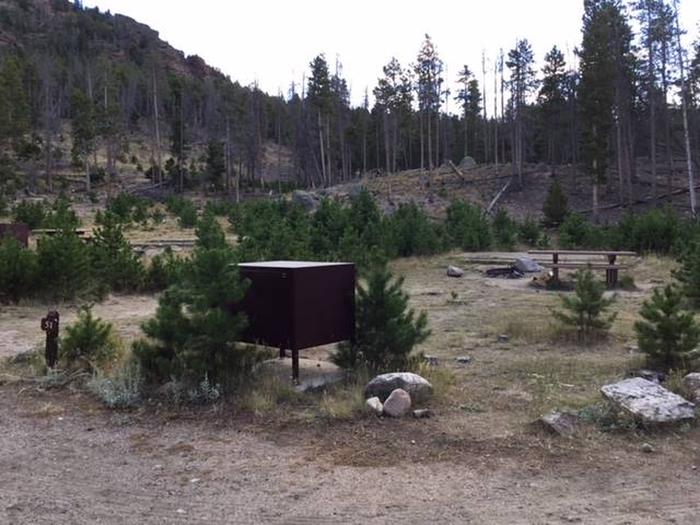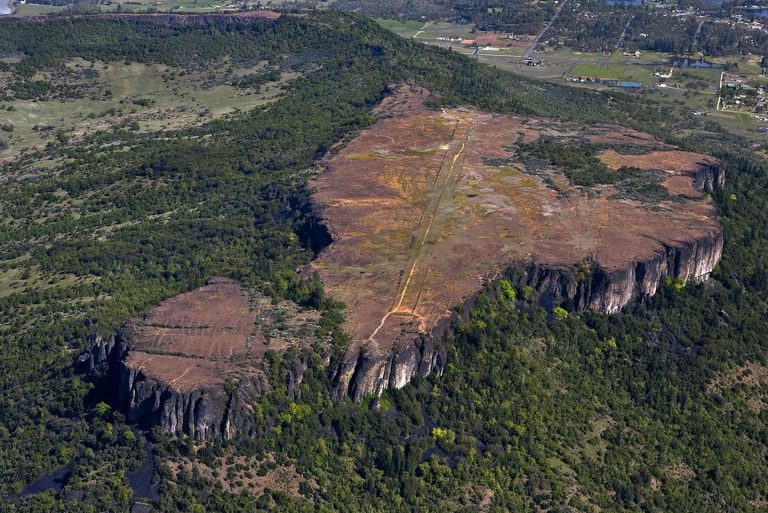Directions
The Nowitna Refuge lies in the vast roadless region of northern and western Alaska. Commuter aircraft provide regularly scheduled air transportation from Fairbanks and Anchorage to Galena, where the Refuge headquarters is located. The two villages nearest the Refuge, Ruby and Tanana, have less frequent air service, but there are local guides available. Visitors may charter small aircraft for transport to the Refuge from Galena or McGrath. Most visitors travel to the Nowitna Refuge by boat, coming 240 miles down the Yukon River from the Dalton Highway Bridge or 280 miles down the Tanana River from Nenana. Local residents travel extensively on the Yukon River by boat in summer and snow machine in the winter. Whatever your reason for visiting Nowitna, be sure to come well equipped with headnets and bug dope during summer months (May through September), when mosquitos and other biting insects are by far the most numerous of the Refuge’s abundant wildlife! Also be prepared for travel in a remote area, and bring first aid supplies, well-tested equipment and extra gear for weather changes and emergencies.
Phone
907-656-1708
Activities
BOATING, INTERPRETIVE PROGRAMS, FISHING, HUNTING
Camping Reservations
Reserve your campsite at these camping areas:
Hiking Trails
Looking for nice hiking areas to take a hike? Choose from these scenic hiking trails:
Related Link(s)
The heart of Nowitna National Wildlife Refuge is a lowland basin of forests and wetlands that forms the floodplain of the meandering Nowitna River. The Refuge’s climate is typically marked by light precipitation, mild winds, long, hard winters and short, relatively warm, summers. The hills that circle the refuge lowlands are capped by alpine tundra. It takes a week in a canoe, or more than an hour in a small plane, to traverse the Refuge’s 2.1 million acres of pristine wildlife habitat. Approximately 223 miles of the Nowitna River’s 283-mile length flow within the boundaries of the Refuge. Fish species inhabiting the river and its related lakes and streams include sheefish, burbot, whitefish, sucker, king and chum salmon, northern pike and arctic grayling. The slow, meandering lower reaches of the Nowitna wander through one of Alaska’s many productive waterfowl nurseries. The grassy margins of the river, surrounding lakes, and waterways provide breeding habitat for trumpeter swans, white-fronted geese, canvasback ducks, cranes, and many other migratory species. More than 120 bird species have been sighted on the Refuge during summer months, but only a few dozen hardy species remain through winters. Mature white spruce in the forested lowlands provide cover and den sites for marten, and trapping these and other furbearers remains important to the economy of people in the region. In fact, refuge lands have been used for centuries by Koyukon Athabascans for hunting, fishing, trapping and other subsistence activities. Moose, wolves, lynx, wolverine and both black and grizzly bears might be encountered anywhere on the Refuge.





